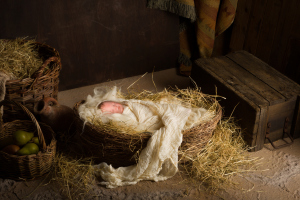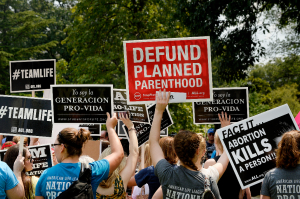Politics Not to Blame for People Leaving Churches, Study Finds
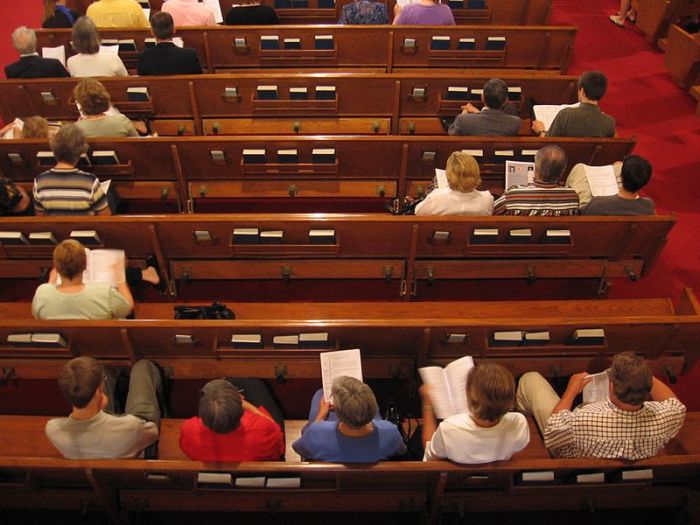
A new study suggests that contrary to what many might think, churches are not losing members in large number and those choosing to leave due to extreme political views are mostly marginally involved with the institution.
"All we're really seeing here is a little churn," says Jacob Neiheisel, a co-author of the study, which is based on data from the 2012 Election Panel Study, the 2006 Franklin County Republican Primary Study and the Portraits of American Life Study.
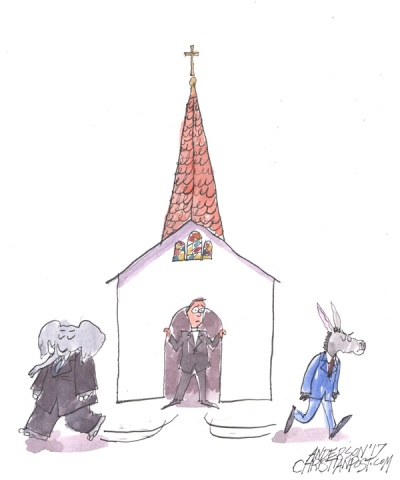
"We don't see people ensconced within the institutional framework leaving," Neiheisel, an assistant professor at the University at Buffalo, says. "These are people at the periphery so we don't see religious sorting where people on the left are disproportionally becoming anti-religious while people on the right are doubling-down on religion."
The study, published in the American Journal of Political Science, also shows that the limited turnover is not contributing significantly to political polarization.
"We don't see the kind of polarization that worries us, which is so important because it links back to the broader concern we all share when we study polarization," Neiheisel adds. "If we're not talking to one another on some level there's a risk of breaking off into bubbles where people hear only the echoes of their own voice. When we start doing that we worry about things like opinion extremity and loss of tolerance. These are things that drive a contentious political environment."
Accommodating people with mismatched political beliefs could be a difficult thing for an organization, but churches don't exist primarily to discuss politics, Neiheisel suggests. "There are many things to keep people engaged at church. People might attend for the sermons, the small group activities or the social encounters. Churches are not one dimensional. So the people involved with their church still have access to the networks provided and the opportunities for building civic skills."
The other co-author of the study is Anand Sokhey, an associate professor at the University of Colorado, Boulder. It was led by Paul Djupe, an associate professor at Denison University.
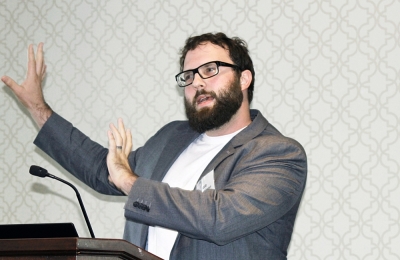
An early version of the research was presented at the 2012 American Political Science Association Annual Meeting in Washington, D.C.
"The effect of feeling different has no effect [on decisions to leave the Church] if the individual is well integrated into the life of the church," Djupe and Neiheisel wrote at the time.
A study released last year showed that while a substantial number of evangelicals favor scrapping the rule that forbids religious organizations and other tax-exempt entities from participating directly in politics, there are a few who think the move might damage the Church's witness.
President Donald Trump has repeatedly promised to do away with the Johnson Amendment, a provision in the U.S. tax code that restricts nonprofit groups with a 501(c)3 status from endorsing or opposing political candidates.
However, the head of the Archdiocese of Washington, Cardinal Donald Wuerl, said last year he is not in favor of "political pulpits" because he believes it is not the clergy's place to be involved in political action.


















